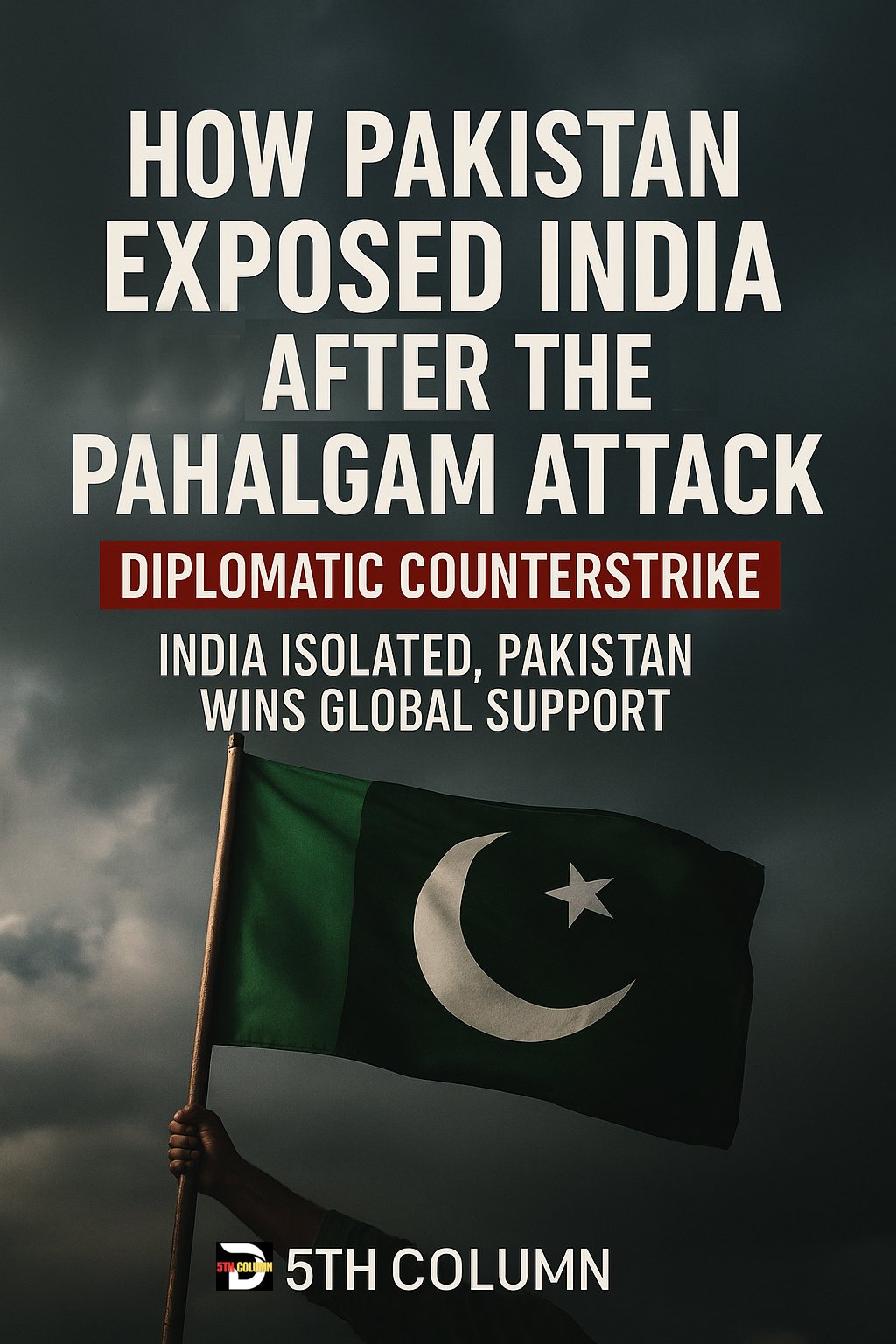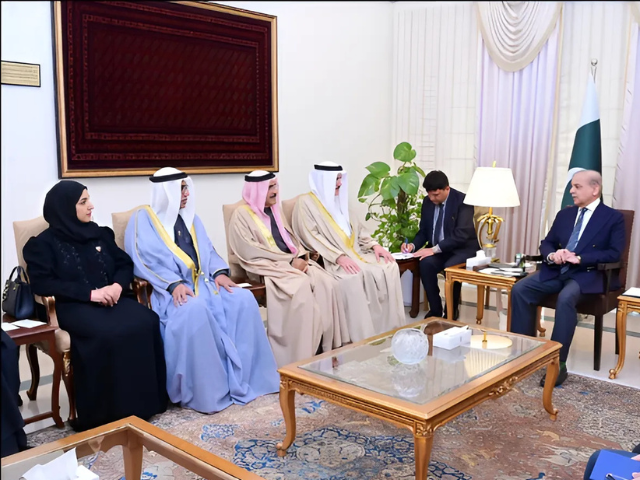The tragic Pahalgam attack became yet another platform for India to launch a wave of accusations against Pakistan — a predictable pattern of blame without evidence. But this time, the outcome was different. India not only failed to gain global support, but found itself increasingly isolated, while Pakistan mounted a smart, calculated diplomatic rebuttal that left Indian policymakers scrambling.
🔍 India’s Accusation Playbook — Exposed
Within hours of the incident, Indian officials blamed Pakistan. This reflexive blame game has become a predictable strategy to deflect from internal failures. However, this time, the global community didn’t take the bait. Except for Israel, no country extended open support to India’s claims. Major world capitals demanded evidence, and not slogans.
🧠 Pakistan’s Smart Diplomacy
Instead of reacting emotionally, Pakistan engaged its diplomatic machinery strategically. Foreign Office statements were firm, measured, and based on international law. Envoys in major capitals were activated, and backchannel communication clarified Pakistan’s zero-tolerance stance on terrorism. This maturity won over global trust, as Pakistan presented facts and demanded independent investigation — a move India was not ready for.
📉 India’s Narrative Collapse
The most embarrassing blow to New Delhi came from within its own intellectual circles. Veteran Indian analyst Brahma Chellaney criticized the Modi government’s premature blame-game, warning that such baseless narratives weaken India’s credibility internationally. His statement read:
“If we keep blaming without proving, we risk losing the moral high ground. The world is watching.”
This rare moment of internal dissent sent shockwaves through Indian media, already grappling with the lack of international support.
🌍 Global Silence, Diplomatic Noise
What stood out was the global silence in India’s favor. The U.S., UK, EU, China, Russia — all remained neutral, urging restraint. Only Israel openly supported India, and even that was cautious. Pakistan, meanwhile, earned praise for its composure, clarity, and openness to investigation, placing India in a tight spot diplomatically.
🏆 Pakistan’s Diplomatic Victory
This episode is now being viewed by many in global diplomatic circles as Pakistan’s “mini diplomatic Doklam” moment — a scenario where India tried to build a narrative but was diplomatically outmaneuvered. The 5th Column sees this as a rare but important example of Pakistan leveraging truth, diplomacy, and restraint to win global credibility.
📰 Conclusion
The Pahalgam incident did not just expose the volatility of India’s internal security but also the fragility of its propaganda machinery. For once, the world did not rush to judgment — and Pakistan’s quiet strength stole the narrative.





